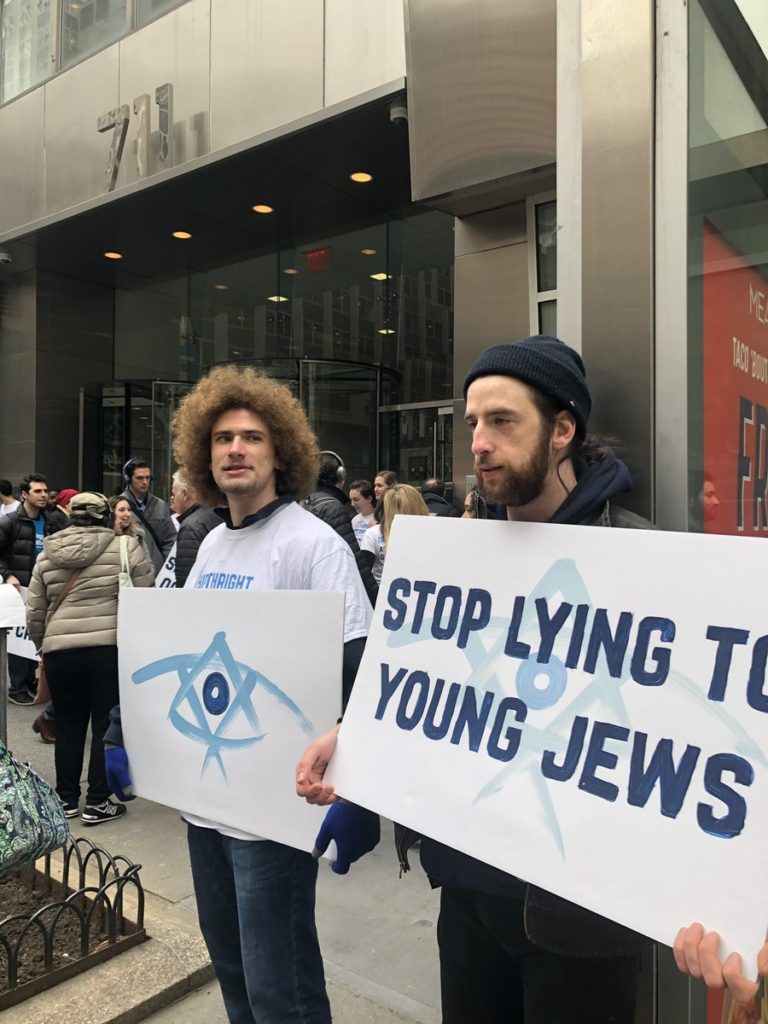Every trial lawyer knows the routine: Bash us until you need us. Then we become your best friends.
And so it is with the Wall Street Journal. They are rightfully unhappy about two things — that anti-Israel protestors are blocking highways to airports and disrupting others from going about their business, combined with the fact that the police will likely do little:
Normally we wouldn’t wish trial lawyers on our worst enemy. But as anti-Israel demonstrations grow increasingly lawless, the plaintiffs bar could help. Why not hit protesters who break the law and keep Americans from getting to their destination with a tort liability suit for false imprisonment?
A fine idea in concept. Sue the people obstructing the public way for false imprisonment, and also I suppose, for any costs associated with missed flights, vacations, etc. The WSJ lists other “protests” including the Macy’s Thanksgiving Parade, Rockefeller Center tree lighting among others in the past.
Before I go into why the idea isn’t really all that hot, let me first remind readers that blocking roads is just about the dumbest type of “protest,” because they are not only attacking the wrong people but making them hate your cause. See, Well that Wasn’t Very Persuasive.
And after being annoyed at the police for not doing more — would the WSJ like to raise taxes to pay for more police? Asking for a friend — they launch into their Big Idea:
In the absence of real criminal penalties, the protesters’ escalating resort to lawlessness calls for some creative class actions. Tort actions would hit the lawbreakers in their pocketbooks, even if district attorneys like New York’s Alvin Bragg won’t prosecute them.
Protesters have the right to call for a cease-fire, denounce Israel for “genocide,” and chant “from the river to the sea” all they want. They can protest within orderly parameters. But it’s long past time American justice made clear that, however right they think their cause, protesters can’t legally prevent their fellow Americans from going about their daily business.
Except for a couple of small problems. The kids doing the protesting aren’t organized by anyone with actual money to pay a damages award. And it’s unlikely that the actual protestors have more than a pot to piss in. And intentional torts aren’t covered by any kind of insurance, as that would be against public policy.
So, dear WSJ, who is going to pay for your Big Idea to sue the protestors knowing full well that there will be no recovery? Whose time is it that you think should be spent? Who will be paying the bills?
I suppose, in theory, that a GoFundMe type collection could be done to pay some lawyers to do the work. And if successful, the payoff would be judgments against the protestors that would muck up their credit for years to come.
But that’s about it. Perhaps that will be worth it to some — in the absence of any real law enforcement action, and a willingness by judges to dump guilty protestors in the pokey for a week or so to help persuade them not to do it again.
If the WSJ thinks any real money will change hands, however, they had best remember something trial lawyers learn when young — you can’t get blood from a stone.

